Nigeria
West African bloc ECOWAS, whose leaders met Thursday (Aug. 09) after threatening to intervene in the Niger, has become a key political player in the management of regional crises.
On July 30, the block issued an ultimatum of one week to the military junta that took power in Niger on July 26 to return the country to constitutional order.
ECOWAS, based in the Nigerian capital Abuja, has 15 members.
Eight francophone countries: Benin, Burkina Faso, Guinea, Ivory Coast, Mali, Niger, Senegal and Togo. Five anglophone: The Gambia, Ghana, Liberia, Nigeria and Sierra Leone
Two lusophone countries, Cape Verde and Guinea-Bissau.
The 15-nation group was first set up in 1975 to promote economic development among its members, it has since stepped in in conflicts from Sierra Leone to Mali.
Of those, four have been suspended or sanctioned following military coups: Burkina Faso, Guinea, Mali and most recently Niger.
The organisation is dominated politically and economically by regional giant Nigeria, which accounts for more than half the bloc's population and GDP.
Nigerian President Bola Ahmed Tinubu is the current ECOWAS president of its supreme decision-making body.
Common currency? A project at a standstill
The Lagos treaty which set up ECOWAS was signed on May 28, 1975 in the Nigerian economic capital, with the aim of removing economic, political and linguistic barriers to trade.
But ECOWAS gradually had to scale back its economic ambitions.
The Eco, the single currency that its members were due to adopt in 2020, is probably dead in the water.
Peace keeping mission
The bloc has however seen its political clout grow. It has intervened directly in conflict resolution across the region.
In 1993 it adopted a new statute formally giving it responsibility in the prevention and settlement of regional conflicts.
In June 2004 West African military chiefs approved the creation of a 6,500-strong force, including a rapid intervention contingent, in case of conflict.
In November 2005 a five-year training programme was adopted to allow peacekeeping operations.
Military interventions
ECOWAS played a key political role during the civil wars in Liberia and Sierra Leone, setting up in 1990 a West African force of several thousand men.
It played a key role in bringing peace to Liberia in 1997.
ECOWAS also intervened in Guinea-Bissau during the armed rebellion in 1998-99 and after the coup in 2012.
In 2003 it weighed in in Ivory Coast after a rebellion and a decade later in Mali to help Bamako retake control of the north which fell into the hands of jihadists.
In The Gambia in 2017 it intervened when outgoing president Yahya Jammeh, who had lost elections, refused to step down.



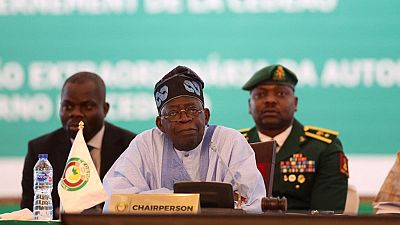

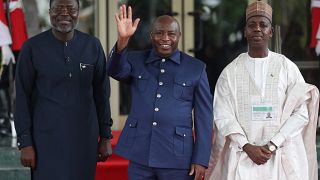
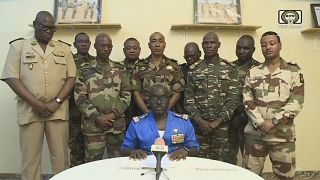
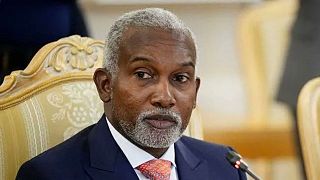
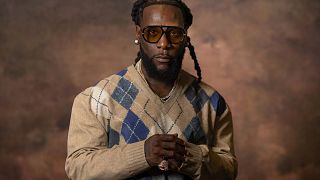
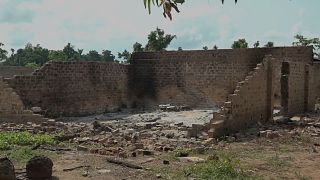



Go to video
Nearly 200 migrants intercepted off the coast of Senegal
Go to video
African migrants targeted as visa scams surge amid tougher immigration rules in Canada
01:12
US President Trump announces surprise summit with five African Nations
01:12
ECOWAS calls for restraint in violent protests in Togo
01:47
Sierra Leone’s Bio takes over as ECOWAS chair
Go to video
ECOWAS leaders meet in Abuja amid regional tensions and leadership transition